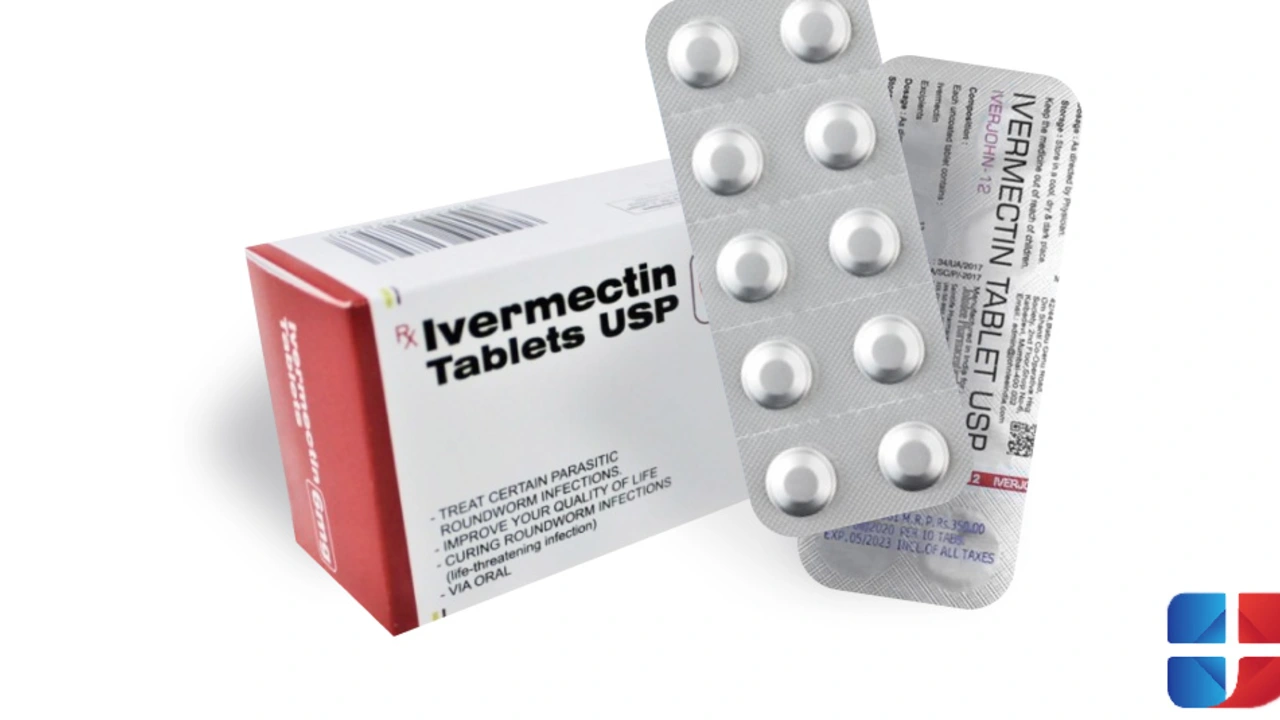Anti-Parasitic Medication: What Works, What to Watch For
Worried you or a family member has a parasite? You’re not alone. Anti-parasitic medications treat everything from pinworms and tapeworms to giardia and schistosomiasis. This page gives clear, practical facts on common drugs, how they’re used, common side effects, and smart steps for safe treatment and buying online.
Common Anti-Parasitic Drugs and Uses
Here are the medicines you’ll hear about most and what they usually treat:
Metronidazole (Flagyl) / Tinidazole – Often used for giardiasis, trichomoniasis, and some intestinal bacterial infections. Expect nausea or a metallic taste; avoid alcohol during treatment and for at least 48–72 hours after.
Albendazole / Mebendazole – Go-to options for roundworms, hookworms, and pinworms. Short courses are common for pinworm; broader dosing and monitoring are needed for larger infestations.
Ivermectin – Used for strongyloidiasis and some external parasites. Dosing depends on weight and the specific infection; side effects can include dizziness and mild skin reactions.
Praziquantel – The main drug for tapeworms and schistosomiasis. It’s usually well tolerated but can cause stomach upset or headaches.
Nitazoxanide – Sometimes used for protozoal infections like cryptosporidium and giardia, especially when other drugs aren’t suitable.
Safe Use, Side Effects, and Buying Tips
Start with a diagnosis. Stool tests, blood tests, or a doctor’s exam will guide the right drug and dose. Taking the wrong medicine or wrong dose wastes time and can cause harm.
Watch for common side effects: nausea, abdominal pain, headache, dizziness, and, less commonly, liver enzyme changes or allergic reactions. Pregnant or breastfeeding? Some anti-parasitics aren’t safe—talk to your provider before starting anything.
Thinking of buying meds online? Follow these rules: only use pharmacies that ask for a prescription for prescription-only drugs, show clear contact info, have real pharmacist access, and display proper licensing. Avoid sites with unbelievably low prices, no address, or no prescription requirement.
If you begin treatment, follow directions exactly and finish the full course unless your doctor says stop. Re-check tests when recommended; some parasites need follow-up to confirm they’re gone. If symptoms worsen or you get a rash, fever, or jaundice (yellow skin/eyes), contact a clinician right away.
Need deeper reading? Our site has guides on alternatives to specific drugs, online pharmacy safety, and dosing for kids. Use those resources and talk with a clinician to pick the safest, most effective option for your situation.

